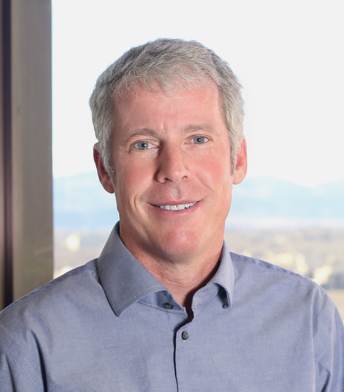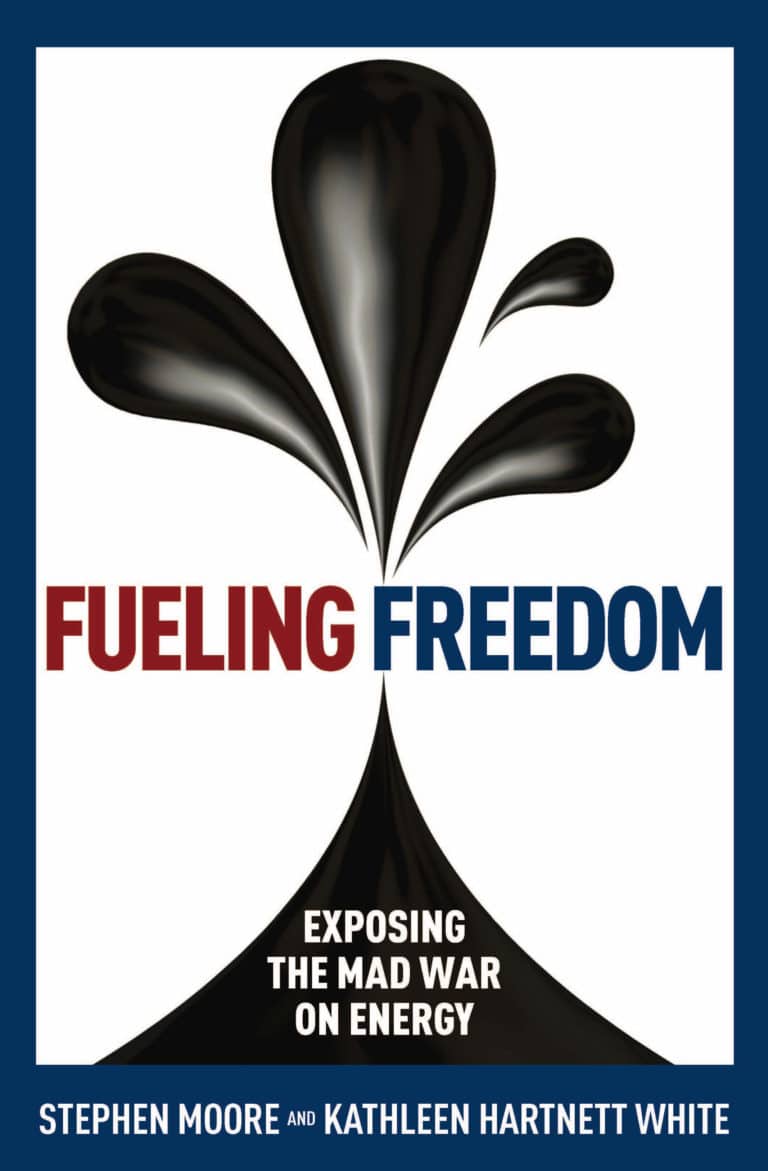Atomic Show #286 – Chris Wright, CEO Liberty Oilfield Services
Chris Wright is the CEO of Liberty Oilfield Services, which recently became the second largest US company performing the work of drilling and completing oil and gas wells in shale formations. He is a leader in the field of hydraulic fracturing and horizontal well drilling, having been involved in the revolutionary technology development since the…




